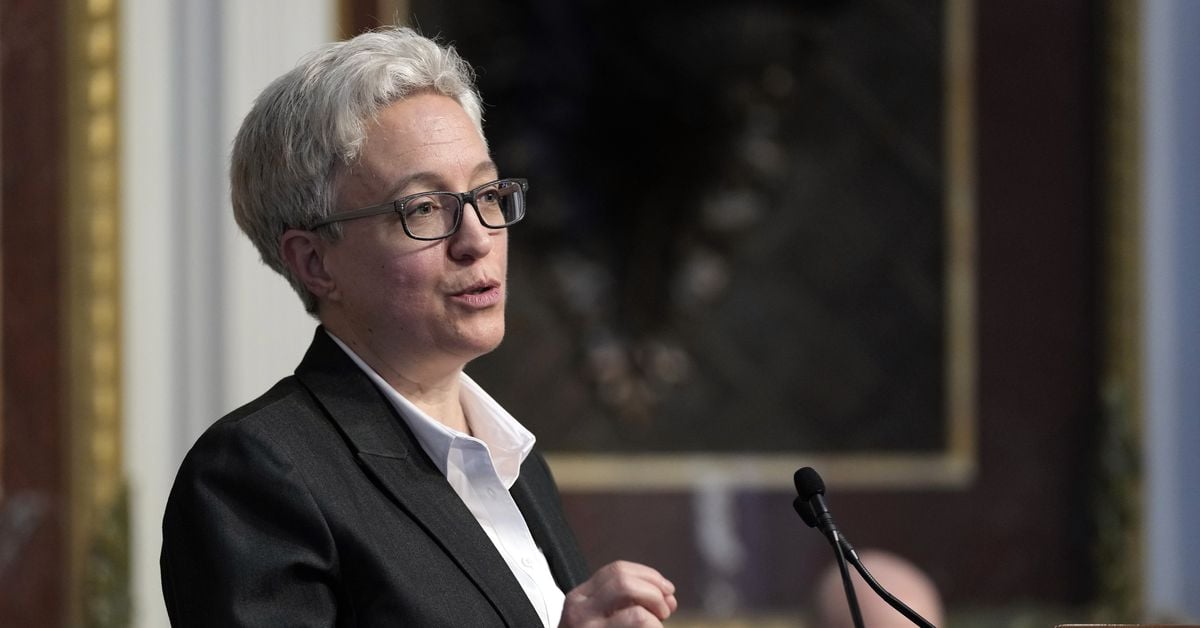- cross-posted to:
- [email protected]
- cross-posted to:
- [email protected]
Four years ago, the state decriminalized all drugs. Now it’s trying to course-correct — and might make a mistake in the process.
In 2020, it looked as though the war on drugs would begin to end in Oregon.
After Measure 110 was passed that year, Oregon became the first state in the US to decriminalize personal possession of all drugs that had been outlawed by the Controlled Substances Act in 1970, ranging from heroin and cocaine to LSD and psychedelic mushrooms. When it went into effect in early 2021, the move was celebrated by drug reform advocates who had long been calling for decriminalization in the wake of President Nixon’s failed war on drugs.
Now, amid a spike in public drug use and overdoses, Oregon is in the process of reeling back its progressive drug laws, with a new billthat aims to reinstate lighter criminal penalties for personal drug possession. And while the target is deadly drugs like fentanyl, the law would also result in banning non-clinical use of psychedelics like MDMA, DMT, or psilocybin — drugs that are unconnected to the current overdose epidemic and the public displays of drug use.



Except that the Portugal model works, and especially because they actually provide the support that 110 was supposed to but failed to implement
Portugal works because they also have universal health care. :)
True, but they also have specific support systems for drug users that were set up to handle the sudden influx when they legalized drugs. Of course, the universal healthcare definitely helps!
But you’re kinda making my point for me. Oregon simply didn’t follow through with the “support” part of 110. If they had set all of that up and made it available when they actually made all the drugs legal, the outcome would’ve been very different.
Edit: this The Daily podcast from March 12 breaks it all down in great detail. I encourage you to give it a listen. I think you’ll find it in enlightening.
https://podcasts.apple.com/us/podcast/the-daily/id1200361736?i=1000648884958
And, again, Oregon ALREADY HAS support for addicts. The additional money was for the NEW volume that never materialized.
We don’t need to spend millions and millions of dollars for what turned out to be the 137 people who called the hotline. That can be easily absorbed by the infrastructure we alreaady have.
The problem is NOT “well, thousands of people want help and can’t get it.” The problem is “thousands of people don’t want help.”
NO IT DOESN’T
Oregon hardly has enough support to handle the volume for the pre-legalization need. 110 was supposed to build out a massive infrastructure to deal with the existing need and more, including legal off-ramps for those who do get arrested, and a lot more. NONE of this got implemented as it was supposed to be. And there was a massive increase in need. Of course nobody asked for it— IT WASNT AVAILABLE. What about this is so hard for you to understand?
Yet, you keep pretending like it already existed before, and that none of it being implemented had zero effect on the outcome. This is a flat out misrepresentation of the facts.
Saying that nobody wanted help is just a flat out lie. You can’t ask for help that isn’t there. And no, there isn’t help available if no one implements the systems. All you have to offer is circular logic, and I’ve laid out the facts. Even your own article proves you wrong. I’ve linked a podcast that explains it very simply for you to understand. At this point, you have known to blame but yourself for ignoring the truth.
The toll free number WAS available and 15,863 of those ticketed DID NOT CALL THE NUMBER.
All they had to do was call it. They never made it that far. The number was active, it was funded, it was ready to direct people to services.
137 out of 16,000 actually called it.
That is NOT an insurmountable number for what is already available:
https://www.oregon.gov/oha/hsd/amh/pages/addictions.aspx
Because they knew that there was no real help available.
The more you keep relying on that single point, the more you prove that you have no understanding of this bill, what it was supposed to do, and how it failed the people.
All you’re doing is using circular logic based off your own ignorance, and you have already cited sources and I have already cited sources that debunk your one and only claim.
You can keep asserting this false claim over and over, but all it does is prove that you’re both wrong and ignorant of the matter at hand.
There IS real help available, and if they had actually bothered calling the number, they would have been directed to it.
The facts prove you’re wrong. Your own links prove you’re wrong. The link I provided prove you’re wrong.
At this point either you’re completely diluted or you’re lying. At least lying to yourself. Frankly, you seem to be the one who needs help.
I’m blocking you. So don’t bother replying.